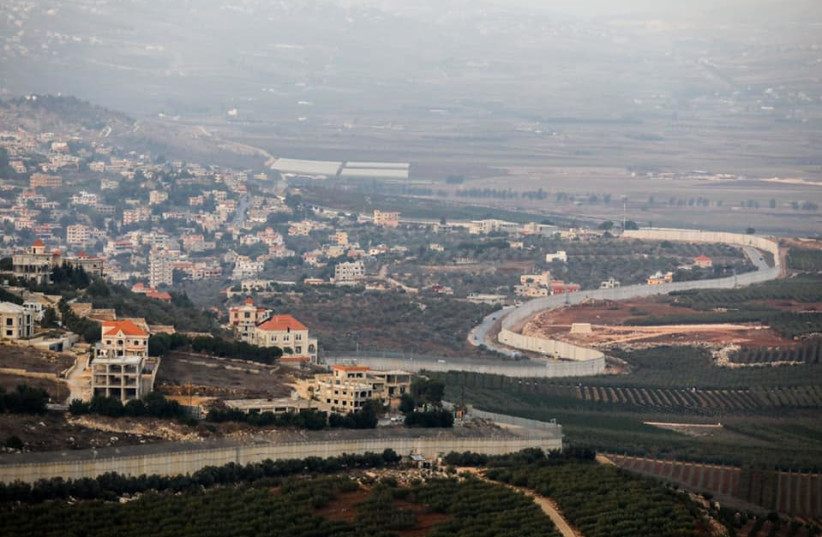Israel and Lebanon expressed willingness on Wednesday to continue negotiations over their maritime border, after a hiatus of more than seven months.
Lebanese President Michel Aoun said that Lebanon is ready to resume the negotiations, according to Reuters. He made similar remarks in October.
“Israel is ready to continue the talks about the maritime border with Lebanon,” the Energy Ministry said in response to Wednesday’s report.
Energy Minister Karin Elharrar is expected to meet with US State Department Senior Advisor for Energy Security Amos Hochstein next week, with Lebanon talks on the agenda.
Lebanon and Israel began indirect negotiations about their maritime border in late 2020, the first talks between the countries in 30 years, mediated by the US. The dispute is over a triangular area of the Mediterranean Sea that starts at the countries’ land border, which is five to six kilometers (3.1-3.7 miles) wide on average and makes up about 2% of Israel’s economic waters.

The dispute has prevented exploration in an area that is potentially rich in natural gas, at a time when Lebanon is in an economic and energy crisis.
The talks were indirect, because the Lebanese government, which includes Hezbollah representatives, refused to hold direct talks with Israel. They took place at the UN Interim Force in Lebanon (UNIFIL) base in Nakoura, on the Israel-Lebanon border.
After four rounds of talks, the process stopped after Lebanon sharply increased its demands, widening the disputed area from 869 sq.km. to 2,300 sq.km. That area would include the Karish North natural gas field, in Israeli economic waters, where drilling is already taking place. In response to the increased demands, Israel drew its own map, doubling its claim, but did not make use of it because Lebanon did not submit its new position to the UN.
The fifth round of talks took place in May, with no progress reported.
The Lebanese government issued a tender in December inviting international companies to compete for the right to drill in Israel’s maritime territory. The Israeli delegation to the UN sent a letter of complaint about attempts by Lebanon to take unilateral action in the areas in dispute.
